
Get news, updates, & event Info delivered right to your inbox:
Learn Something New About Earth
It's easy to get so caught up in the details of life that we forget simply existing here on our planet is a miracle in itself. Among what is likely to be trillions of other planets in the Milky Way galaxy, Earth is the only one with an environment known to harbor and sustain life. Read on to discover 12 nature and environment facts that prove Earth is fascinatingly awesome!
12 Facts Worth Knowing About The Planet We All Share
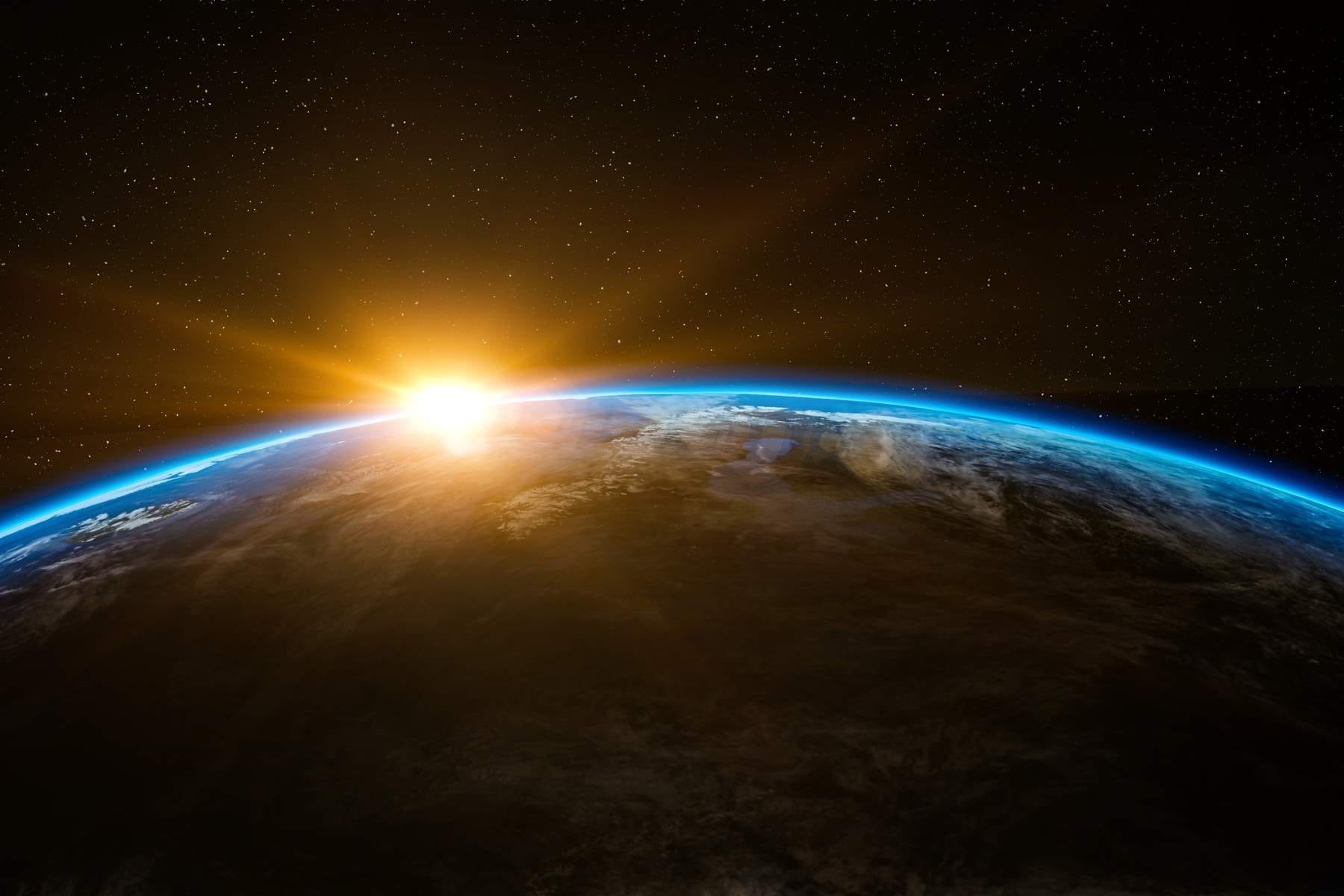
1. The reason for Earth's seasons? A tilted axis
Spring, summer, fall, winter. No matter where on Earth you live, the seasonal conditions you experience are due to our planet's natural tilt. At all times, Earth is tilted by around 23.5 degrees (it can vary from 22-24.5 degrees). This means that at different times of the year, while we orbit around the sun, different parts of the planet are tilted toward it. Whether an area is tilted toward the sun influences the strength of solar energy that reaches it, the length of days, and more. All of these factors combine to create the changing conditions we know of as seasons.

2. Oceans Cover 70% of Earth's Surface
As of 2024, 26.1% of the global seafloor had been mapped using modern, high-resolution technology. The ocean's surface area is approximately 360 million km² (139 million mi²) and it's average depth is 3,682 meters (12,080 ft). Scientists estimate there may be between 700,000 and 1 million species living in the ocean (excluding most microorganisms, which number in the millions). Around 2/3 of these species have yet to be discovered.
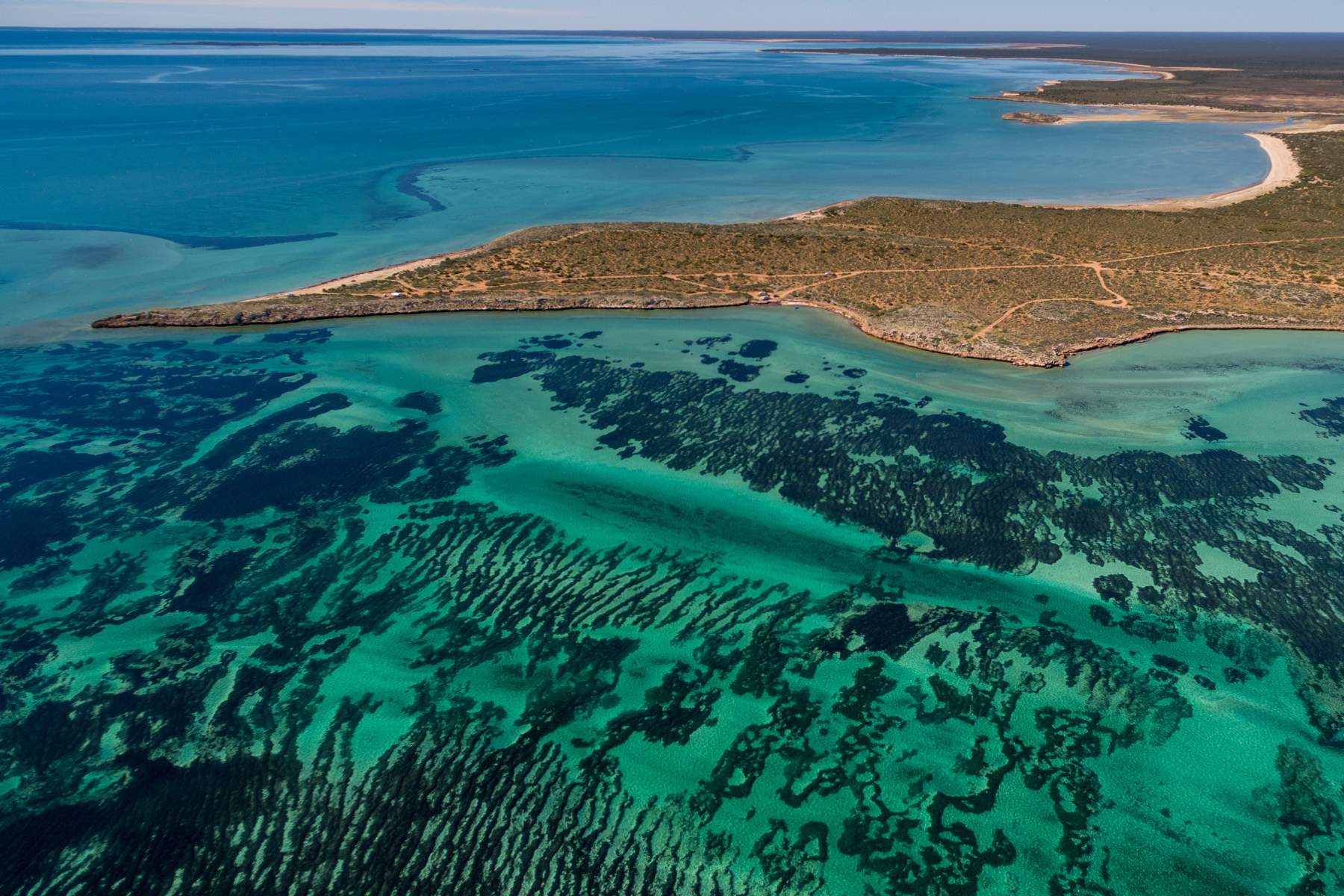
3. The Largest Living Organism Is an Australian Seagrass
The largest living organism on Earth is not a blue whale or a towering tree — it’s seagrass! Found in Shark Bay off the coast of Western Australia, this massive meadow of Posidonia australis seagrass spans approximately 200 square kilometers (77 square miles). According to Guinness World Records, that's equivalent to around 28,000 soccer fields, making it 450 times bigger than Vatican City. Based on the known growth rate of the species, scientists estimate this specimen is around 4,500 years old. Over millennia, it has spread via clonal shoots, meaning the entire plant is connected and shares the same DNA.
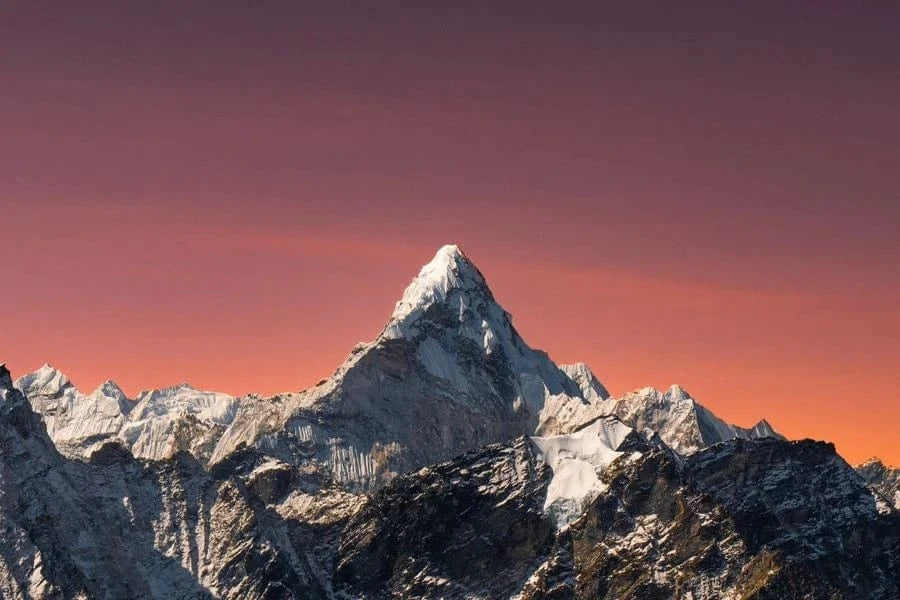
4. Mountains Are Formed When Earth's Tectonic Plates Collide
Mountain are formed when the Earth’s shifting tectonic plates collide. When both plates have a similar thickness and weight, they will crumple and fold until rocks are forced upward, forming a mountain range. One of the youngest mountain chains on Earth, the Himalayas, was formed nearly 50 million years ago when the Indian Plate collided with the Eurasian Plate (India was once an island!). The Himalayas are still rising by more than 1 cm per year as India continues to shift northward into Asia.
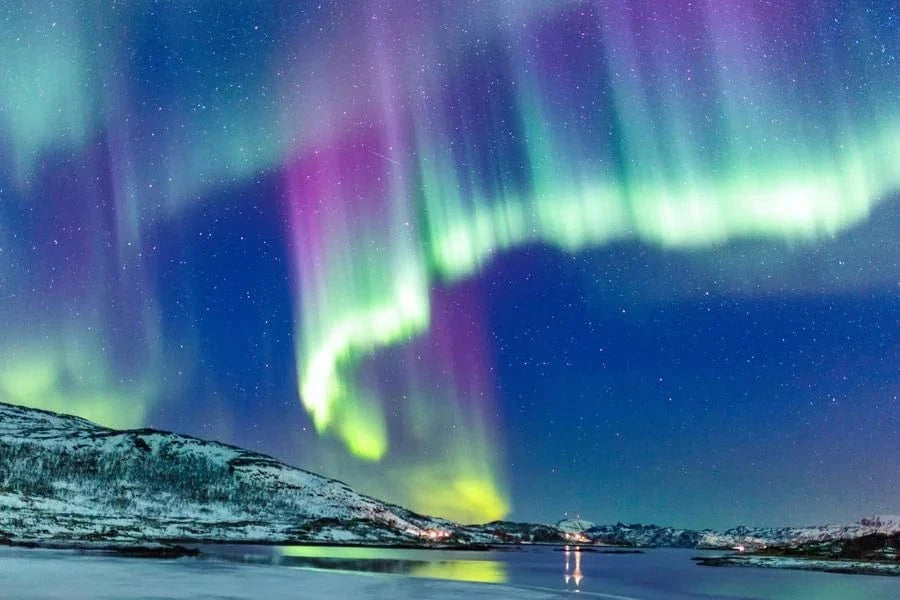
5. Northern Lights Are A Natural Phenomenon
The northern lights, also known as aurora borealis, are caused by the sun. In addition to heat and light, the sun sends energy and small particles our way. Earth's magnetic field shields us from most of the energy and particles. During a type of solar storm called a coronal mass ejection, the sun emits a large bubble of electrified gas. When this emission approaches Earth at speed, some the energy and particles can break through into our atmosphere, at the north and south poles. Once in our atmosphere, these particles interact with the gases in our atmosphere, creating the colorful displays we know as northern and southern lights. Oxygen gives off green and red light, while nitrogen glows blue and purple.

6. Earth Day Was Started by a Wisconsin Politician
The very first Earth Day was held on April 22, 1970 by Wisconsin Senator and environmental activist Gaylord Nelson. More than 50 years ago, an impressive 20 million Americans, approximately 10% of the population at the time, took to the streets, parks and auditoriums to protest alarming environmental issues. These protests focused on the impacts of 150 years of industrial development, including oil spills, toxic drinking water, air pollution, and the effects of pesticides. Earth Day is credited with sparking the modern environmental movement and inspiring landmark legislation in the United States, including the Clean Air Act, the Clean Water Act, and the Endangered Species Act.
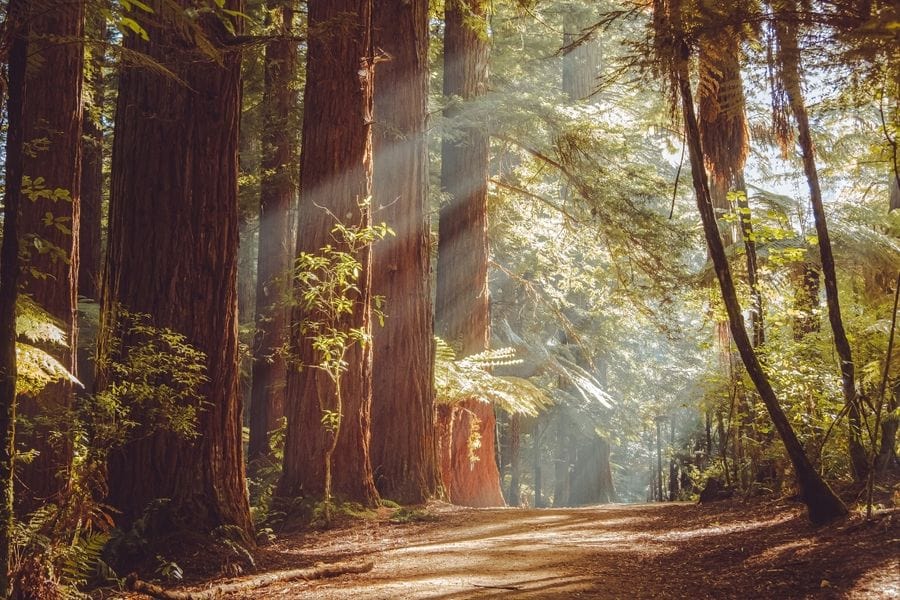
7. The World's Tallest Tree Is A Redwood
The world’s tallest tree is a 379.1-foot tall coastal redwood named Hyperion that resides in Redwood National Park in California. The tree is estimated to be between 700-800 years old, which is young in comparison to the world’s oldest tree, the Methuselah, estimated at 4,800-5,000 years old. The existence of redwoods dates back to the Jurassic period, so it should come as no surprise that a redwood is the tallest tree in the world. Just a few hundred feet away from this majestic giant is an area that was clearcut in the 1970's. That means it could have been weeks away from being felled, before the land was granted National Park status.

8. Earth's Largest Rainforest
Earth’s largest rainforest ecosystem is the Amazon, which spans 9 countries and 2,300,000 square miles (6,000,000 square km). Home to approximately 10% of Earth's known biodiversity, it also holds an estimated 90-140 billion metric tons of carbon in its biomass and soils. Over the last 40 years, 17 percent of the Amazon Rainforest has been lost to deforestation and climate change.
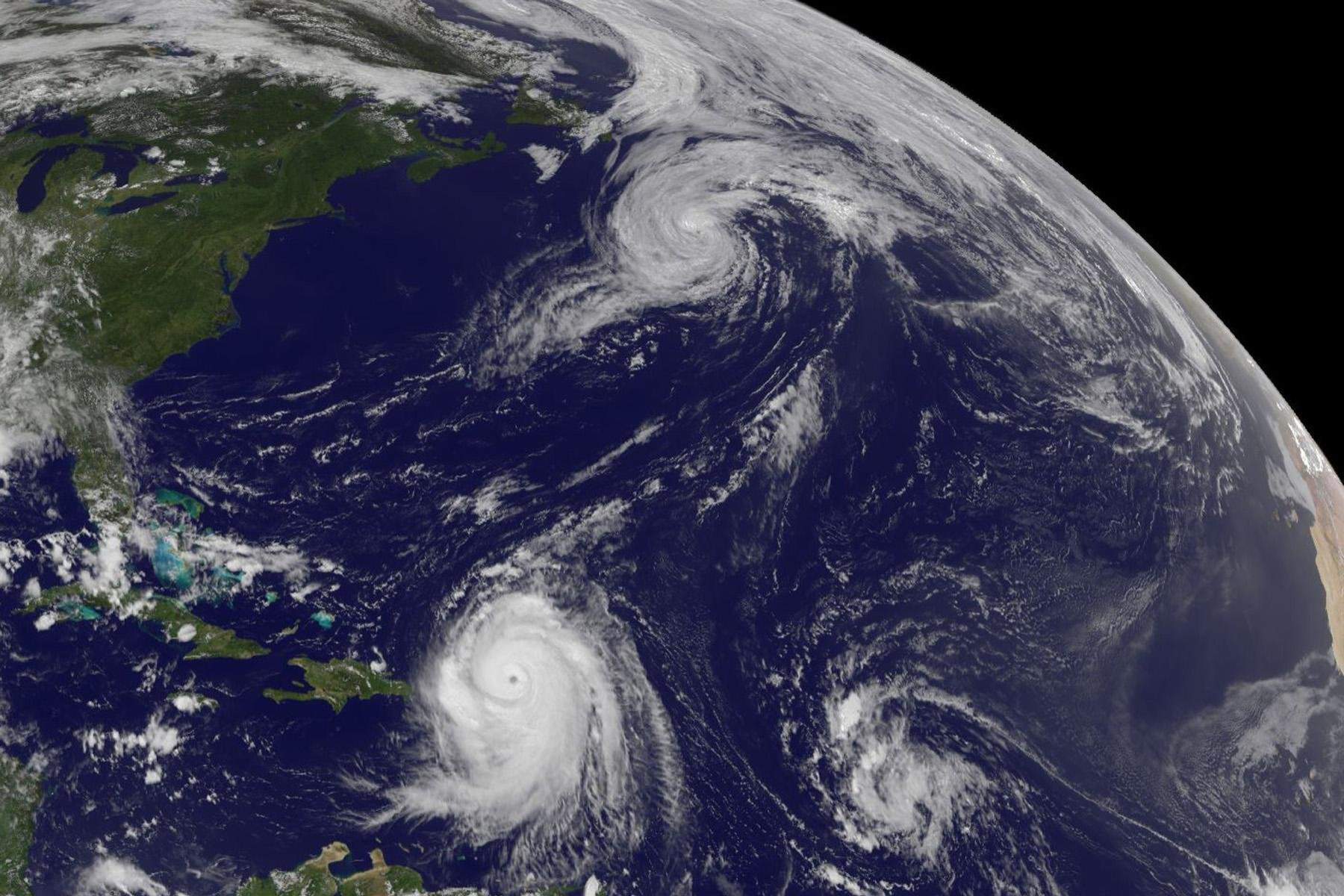
9. Earth isn’t perfectly round
No, this isn't a joke. Our planet is bumpier than you’d think—it bulges at the equator and flattens at the poles due to its rotation. Uneven mass distribution also causes slight gravitational variations, though it still looks round from space.
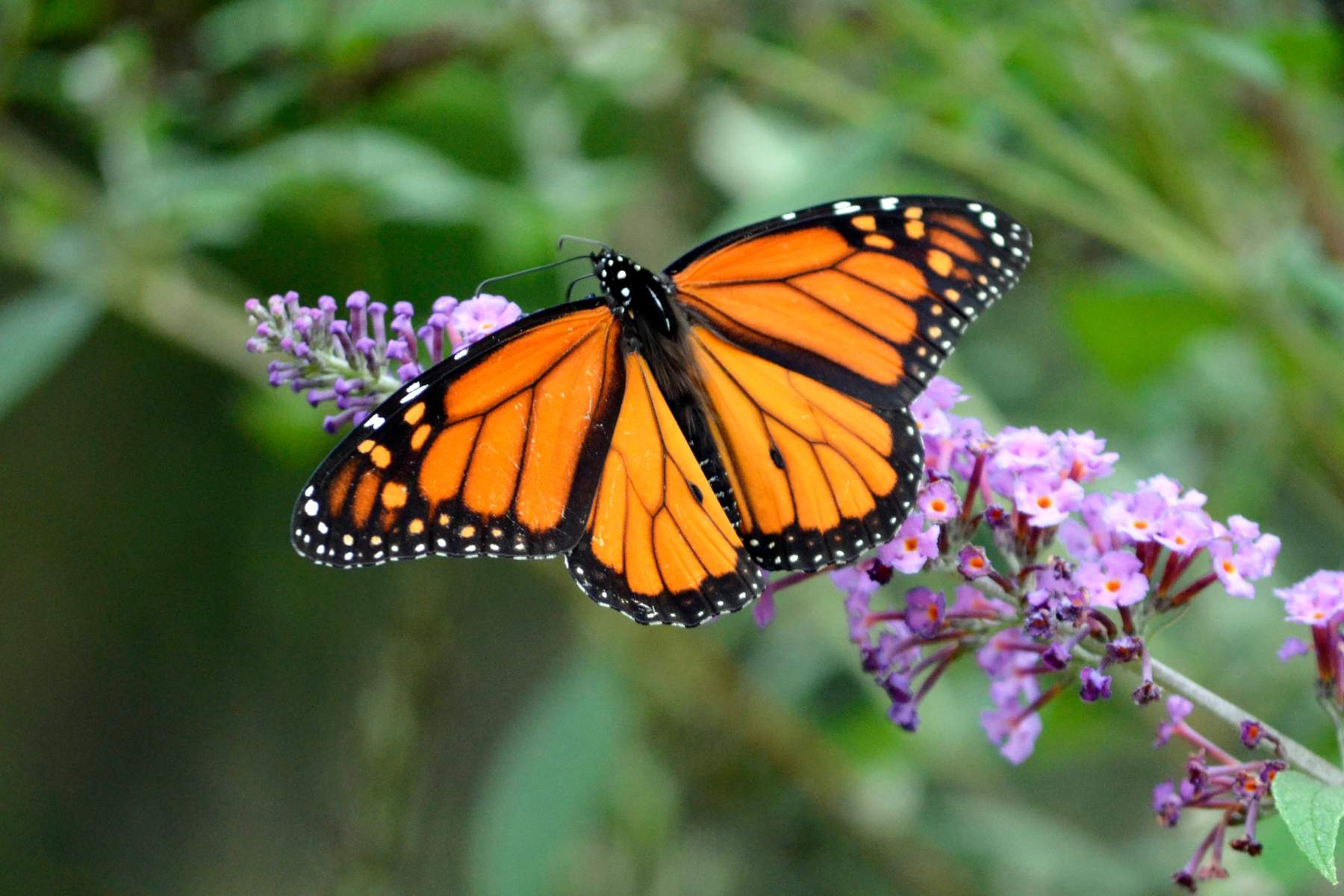
10. Scientists estimate that there are around 8.7 million species of plants and animals on Earth
But only 1.2 million have been identified. Most of the identified and described species are insects. This means that 86% of Earth's species have yet to be fully identified and described.
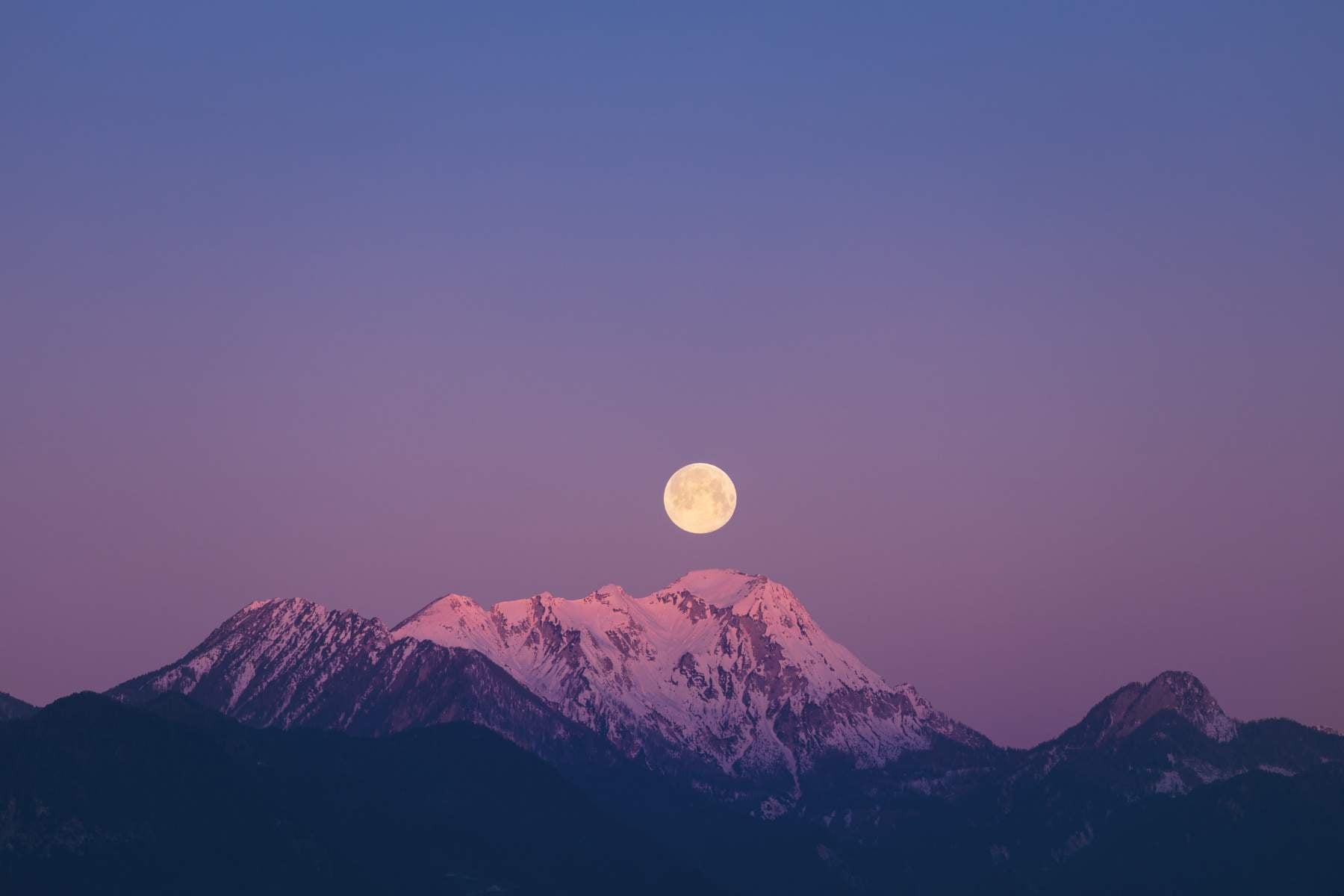
11. Earth's Moon Helps Stabilize Our Climate
Earth’s single moon, the brightest object in the night sky, plays a crucial role in stabilizing the planet’s wobble. This stability has helped maintain a consistent climate, making Earth a more hospitable home for life.
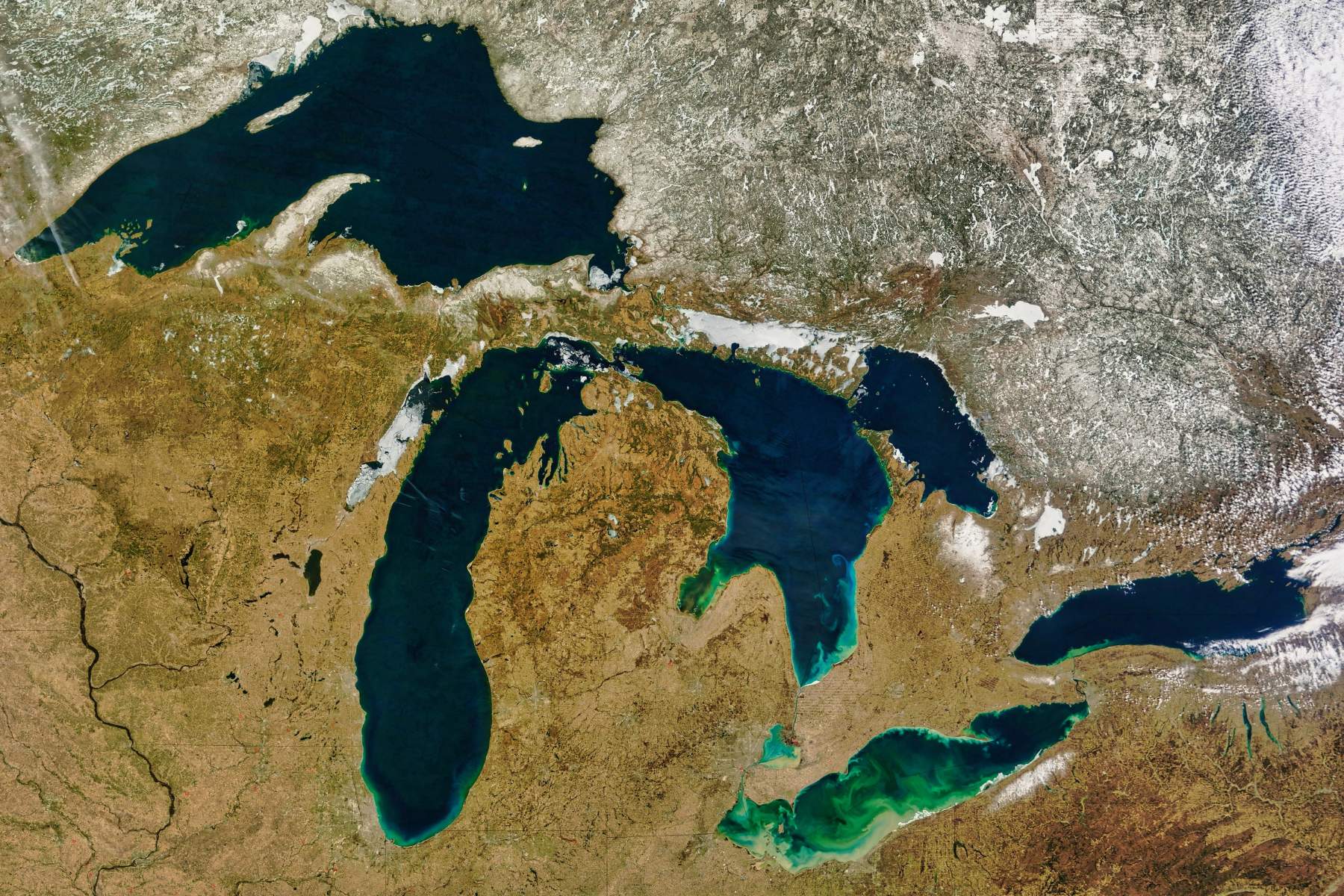
12. Earth has a squishy interior
Earth’s interior is semi-solid, allowing the mantle to flow and drive plate tectonics, volcanoes, and earthquakes. This squishy interior also causes post-glacial rebound, where land slowly rises after glaciers melt—seen today in Canada, Scandinavia, and rapidly in West Antarctica.
Want to do your part to protect our Earth’s natural wonders? Plant trees today to help us on our mission to reforest the globe.
Get news, updates, & event Info delivered right to your inbox:
Related Posts
Sustainable Diet Tips: How to Eat Healthy While Protecting the Planet
13/01/2026 by Meaghan Weeden
Agroforestry Explained: Principles, Benefits, and Case Studies
08/01/2026 by Meaghan Weeden
Plant Your Resolution: Making a Global Impact With The Grove
01/01/2026 by One Tree Planted
Popular On One Tree Planted
How to Reduce Waste: 21 Practical Zero Waste Tips for Everyday Living
23/12/2025 by Meaghan Weeden
Inspirational Quotes About Trees
16/12/2025 by Meaghan Weeden
The 9 Oldest, Tallest, and Biggest Trees in the World
11/12/2025 by One Tree Planted
Fundraising Disclosures

Be Part of the Restoration Movement
The Grove is more than just a monthly giving program: it's a vibrant community of individuals who are dedicated to reforestation and environmental restoration on a global scale.





